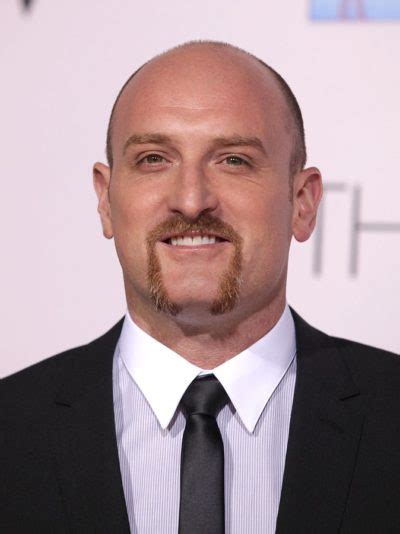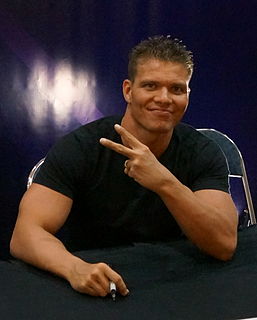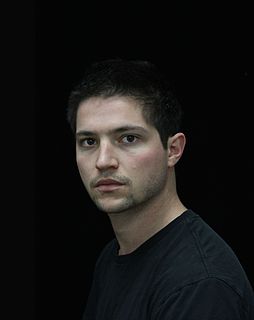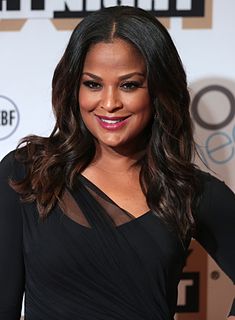A Quote by Bryce Pinkham
The toughest parts of the shooting schedule for me are the days between working, when you've nothing to do but wait. There is only so much time you can spend on a script before it becomes so rehearsed that your performance becomes rigid and immovable on the day of, so one has to occupy one's time in some fashion. For me, those interim days are usually spent exercising, exploring, learning to cook something edible, and working on my own creative endeavors.
Related Quotes
When I first started working on movies as a production assistant, we were shooting 65, 75, 85 days. I mean, granted some of those things were "Godzilla," "Deep Impact," and those kinds of things, but these days it's like 30-35 days or 40-45 days and you just feel like you're humping trying to get everything done. It's like "Move on, move on, move on!" That's not the way to get the best performances or the most interesting shots. You have to constantly balance schedule and quality of work. For me, that's the biggest thing.
After three days of shooting with Donald [ Sutherland], I was the only one he worked with for the first three days of the movie [The Winter Of Our Discontent] because of the crazy schedule. We [shot] a lot of this stuff, some of it incredibly intense and emotional. We had never had a conversation during that whole time. We didn't have time.
The time is a thing; you don't have so much time. A good trick is to try and think about a way to use material from one occupation for the other. It's like going through working a day job, this is so dumb to say, but you know how Julian Schnabel made those crockery paintings while he was working as a short-order cook? It's like that, using what is around, transforming that to create meaning and make art. Trying to take nothing and make... something.
Sometimes, if you're shooting a complicated scene, you have to stay in a position and wait for the technician to do his job, and then you have to be where you're supposed to be, right on the spot. You don't rehearse all that much on films. If I think of the amount of time I spend on set compared with the time spent shooting, it's ridiculously short.
These past years have been really transitional for me in every aspect - personally, emotionally and professionally. I was excited and nervous and anxious because I literally had nothing to fall back on. This is my own thing, it's all me. I spent a year working on the record and really wanted to spend time on what it was going to represent and how it was going to represent me in this time in my life.
This is, if not a lifetime process, it's awfully close to it. The writer broadens, becomes deeper, becomes more observant, becomes more tempered, becomes much wiser over a period time passing. It is not something that is injected into him by a needle. It is not something that comes on a wave of flashing, explosive light one night and say, 'Huzzah! Eureka! I've got it!' and then proceeds to write the great American novel in eleven days. It doesn't work that way. It's a long, tedious, tough, frustrating process, but never, ever be put aside by the fact that it's hard.
If you let anything infringe on your writing time, it will. And you won't get the writing done. Taking one day off can cost me five days of getting back in the mood. Going out to lunch can cost me anywhere from five hours to three days. And for me it's not worth it. For my own sense of well-being I have to finish my work before I can play.
How we spend our days is, of course, how we spend our lives. What we do with this hour, and that one, is what we are doing. A schedule defends from chaos and whim. It is a net for catching days. It is a scaffolding on which a worker can stand and labor with both hands at sections of time. A schedule is a mock-up of reason and order—willed, faked, and so brought into being; it is a peace and a haven set into the wreck of time; it is a lifeboat on which you find yourself, decades later, still living.
Life becomes a lot simpler for a creative person when he or she finds the routine that works best. ... get in the habit of going through the routine every day, and on some of those days, you're going to be lucky and have done some good work. ... Go to your study, close the door, invent your confidence.




































